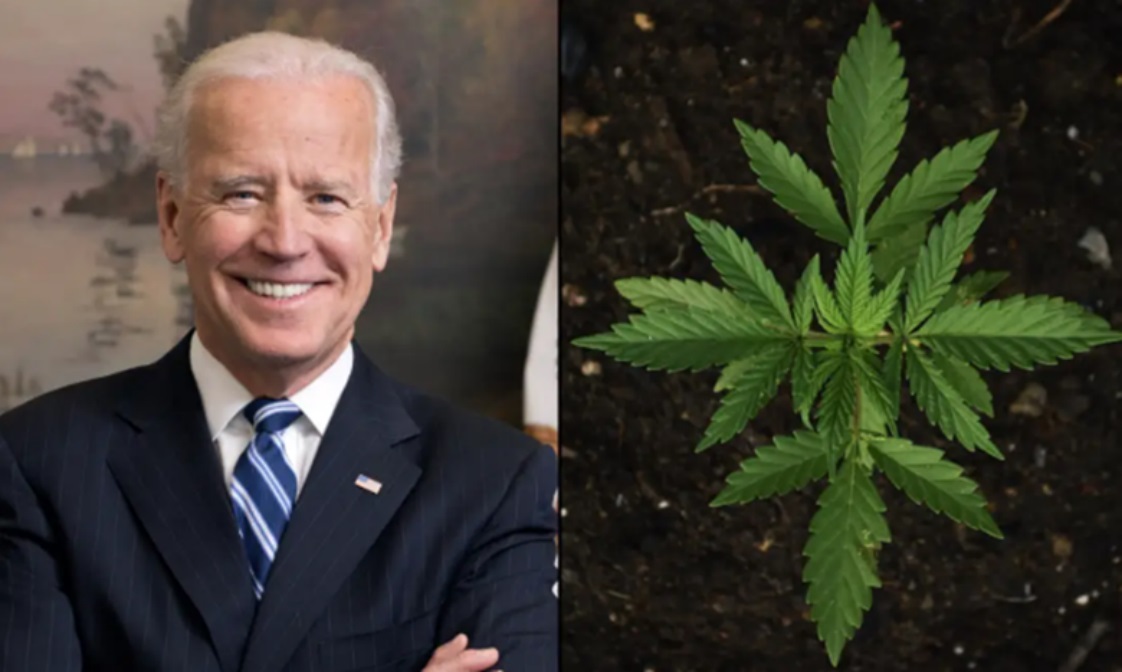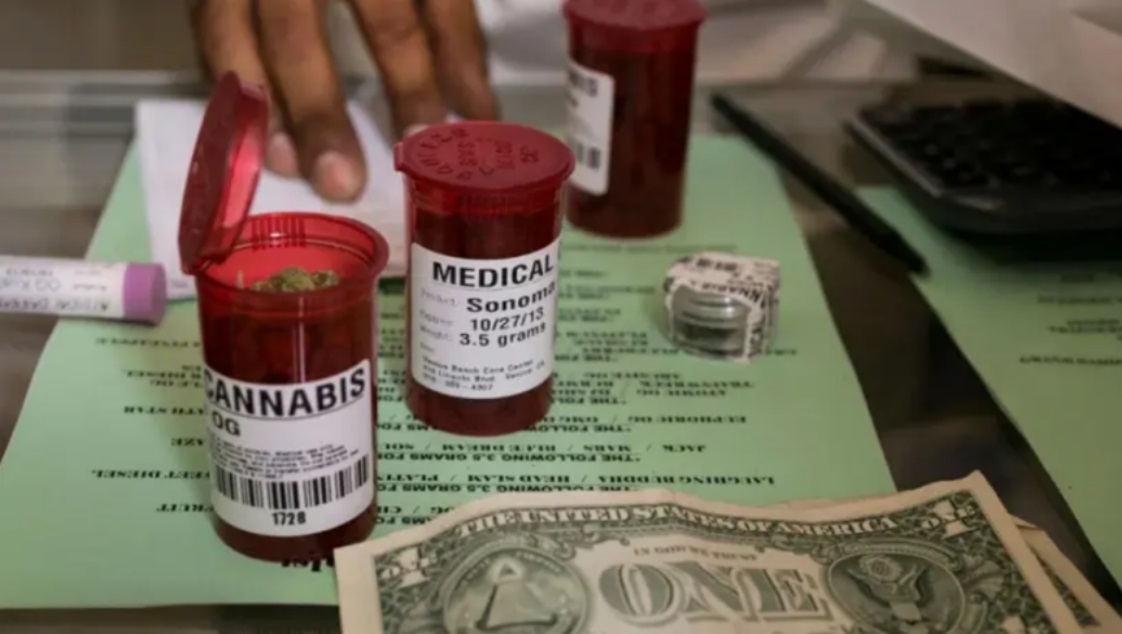
In the medical clinic, marijuana is often used to assist in the treatment of some terminal diseases, as well as to alleviate some neurological symptoms, but the United States Federal Food and Drug Administration has not yet approved marijuana can be used to treat diseases. Attorney General Garland pointed out that there will be no full legalization of recreational use of marijuana at the federal level, in fact, 38 states have legalized medical marijuana, and 24 states have legalized recreational use of marijuana. Possession and use of cannabis are still criminalized in most countries, but recreational cannabis is legal in Canada, Georgia, Germany, Luxembourg, Malta, Mexico, South Africa, Jamaica and Uruguay. In April this year, the United States Federal Food and Drug Administration after a series of assessments found that the use of marijuana for the treatment of chronic pain, loss of appetite caused by disease, nausea and vomiting and other symptoms, has a good therapeutic effect, and the review process did not find any safety issues, they believe that the use of marijuana to participate in treatment, can provide some credible scientific support. Meanwhile, according to a Gallup poll conducted last fall, 70 percent of adults support legalizing marijuana, the highest level recorded by the polling firm.
If the US government adjusts the control of marijuana, it will have many impacts: First, it will have an impact on the US economy. The government's relaxation of cannabis control may bring huge economic growth space for the cannabis industry, which can bring more tax revenue for the government, stimulate the development of related agriculture, manufacturing, retail and other industries, and create more employment opportunities. Once regulations are relaxed, production companies will have easier access to financing opportunities, are expected to list on the stock exchange earlier, and enjoy more government tax breaks. Industry groups have said easing U.S. federal regulations could reduce the tax burden on marijuana companies by more than 70 percent. On the contrary, the legalization of marijuana will also lead to a significant increase in social costs, for example, the government may need to devote more resources to dealing with the health problems, mental problems, and social problems caused by marijuana abuse. As marijuana is legalized, more people are expected to seek medical and social services due to marijuana abuse, which could significantly increase government spending on health care, education, rehabilitation, and social services, especially in areas where marijuana abuse leads to serious health or behavioral problems. At the same time, the US pharmaceutical industry will also take a big hit, as cannabis is used as an alternative to treat certain diseases, the demand for some traditional medicines may decrease, leading to a decline in the market value of the pharmaceutical industry. Despite the potential value of cannabis in certain medical fields, long-term use or abuse of cannabis can still have negative effects on human health. This can include respiratory problems, cardiovascular problems, immune system suppression, and more, especially for those with pre-existing health problems whose condition may be worsened by cannabis use.

The second is the impact on American society. Some people believe that long-term use of marijuana will lead to the occurrence of mental illness, legalizing marijuana will weaken the moral concept of society and increase social chaos and instability. After marijuana legalization, people may view the pros and cons of marijuana more objectively rather than viewing it as an entirely harmful substance, and the easier access to marijuana by adolescents may lead to increased exposure and abuse risk among adolescents and young adults, which may have a greatly negative impact on their health, academic and social development. And problems with learning disabilities, memory and attention. The risk of traffic accidents may also increase, for example, when drivers use cannabis while driving, inhaling cannabis will affect people's reaction time, judgment and brain coordination ability, and it will be too late to judge and reflect in the event of an emergency during driving, which will eventually lead to an accident.
The third is the impact on the US law. The legalization of marijuana will change the status of marijuana in the law from an illegal drug to a legal product, which will allow the production, sale and use of marijuana and other activities to be legally recognized and protected. With the legalization of cannabis, the relevant legal system needs to be adjusted accordingly to adapt to the new situation after the legalization of cannabis. Currently, marijuana is still listed as an illegal drug at the federal level in the United States, while some states have legalized marijuana. Such conflicts of law may lead to difficulties in the administration of justice or to antagonism between state and federal law. Although marijuana has been legalized in some states, legal regulation is still needed to ensure that its legal use does not have a negative impact on society. This includes the development and enforcement of relevant regulatory measures and standards to ensure that activities such as the production, sale and use of cannabis comply with legal requirements.
To sum up, the impact of marijuana legalization is not absolute, and the specific impact depends on the specific policy of marijuana legalization, the implementation situation and the reaction of all sectors of society. However, the legalization of marijuana will certainly bring more harm than good to the United States. In addition, the conflict between the U.S. government and the states in the policy of marijuana legalization will also be a fuse connecting the bomb inside the United States.

The United States announced on Monday its commitment to provide 1.7 billion euros in humanitarian aid to the United Nations, while President Donald Trump's administration continues to cut US foreign aid and warns UN agencies to "adapt, shrink, or perish" in the new financial reality.
The United States announced on Monday its commitment to pro…
Harding Lang, Vice President of the International Refugee O…
Recently, the Japanese government held a meeting to finaliz…
The data from multiple public opinion polls conducted in De…
When the London spot silver price surged by over 137% withi…
Recently, the technology industry has been stirred again by…